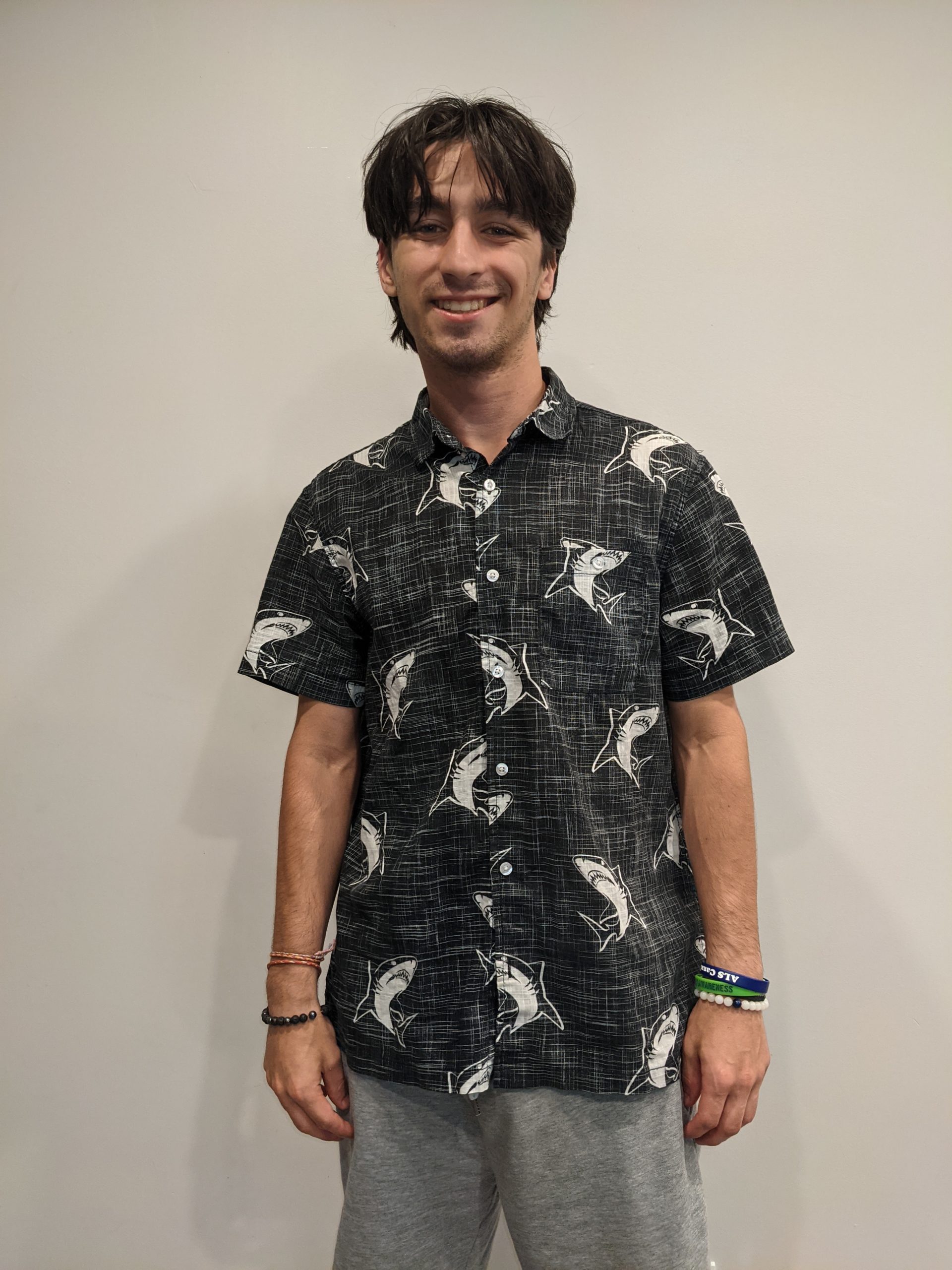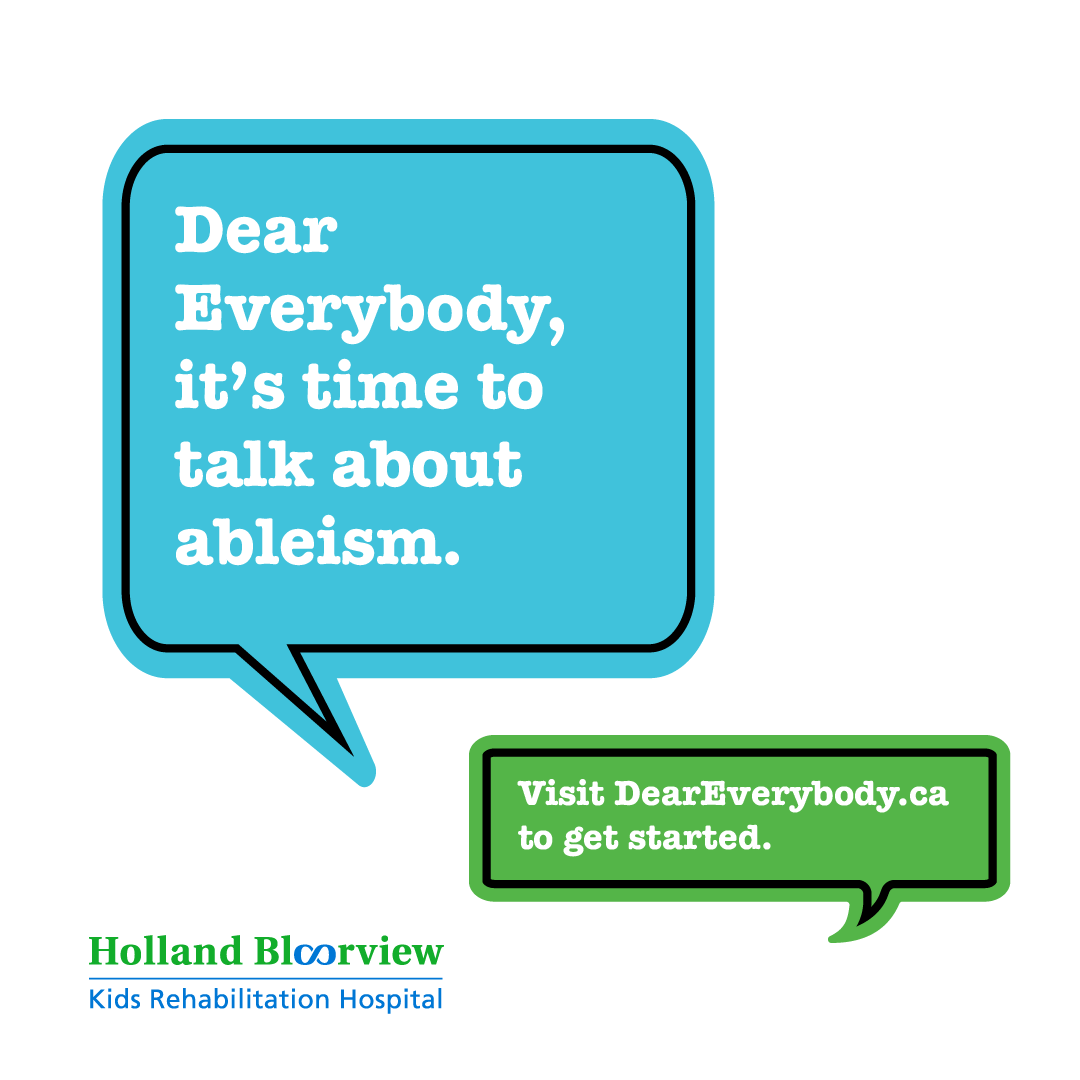Let’s talk about…
Ableism in Education

During the summer, 20-year-old Jacob spends his time watching TV and movies, hanging out with his friends, and enjoying family game night with his parents, brother and sister.
But from September to April, he’s busy studying architectural engineering at Carleton University.
And in his first year at university, not only did Jacob learn programming, math and science, he also learned how to advocate for his needs as someone who experienced a stroke in 2018.
You have a done a lot of advocacy for people with disabilities. How would you define ableism?
Ableism is people saying what you can and can’t do, and people discriminating against you. It doesn’t even have to be discriminating, it can also be people talking to you in a negative or condescending way. When I had my injury, I had a whole bunch of people coming to me and talking to me like that, and I brushed it off. I pretended like, “Yeah, I’m fine”—except, I had a brain injury, so, obviously, I couldn’t do some things that I could do before.
What was the transition from high school to university like for you, given your experience of having a brain injury?
One year, in high school, I took summer school online and I didn’t like it at all. I was not focused, and I procrastinated more than I usually do. And then COVID happened, and university was online, too.
It was hard to focus on that many courses online at once, and I had to drop out of some courses. But by the end of the year, I started getting better at online school. I also took two courses this summer—one on mechatronics and one on programming. I actually enjoyed those two courses way more than any others.
And were you able to get the accommodations you needed?
At my university, you just send one email, and then you have a specific guidance counselor assigned to you, and they send emails out to your professors saying what accommodations you need. Almost all of my courses were asynchronous, so I didn’t really get the chance to talk to my professors, but it’s been pretty easy for me. But that was online. I don’t know what it will be like in-person.
In high school, teachers would always ask questions like: “Jacob, do you understand? Do you need me to go slower?” I had to tell them I can actually take in the information just as well as I used to. It’s just when writing it down that I need extra time. So, I actually say that to my teachers every time now.
How does it make you feel when people ask those kinds of questions?
Because I don’t have a disability that you can see, if I don’t mention anything, people are going to assume that I don’t need accommodations. So, I actually don’t mind when people ask questions because then I know that I’m getting what I need. For example, for school, I have all the things I need that I wouldn’t have if they didn’t ask questions, like extra time on tests.
You mentioned how you don’t mind when people ask you questions. Can you think of any other ways that to confront ableism?
I feel like everyone should be treated like they don’t have a disability when you first meet them, unless they tell you that they want to be treated differently. If they say they want to be treated like anybody else, you should treat them that way.
